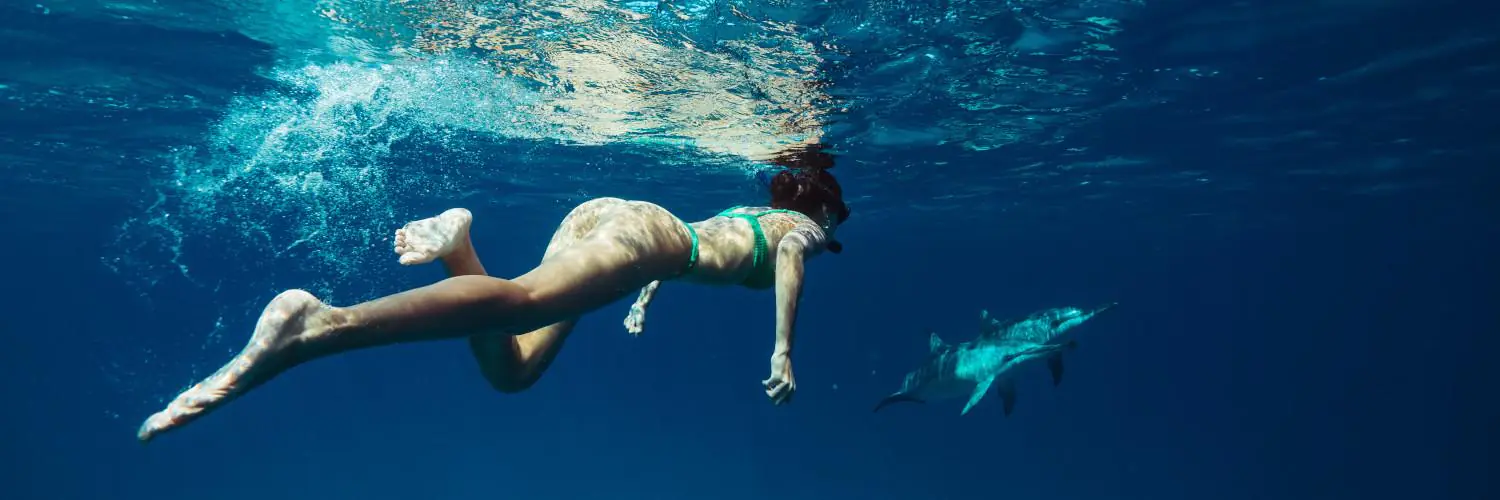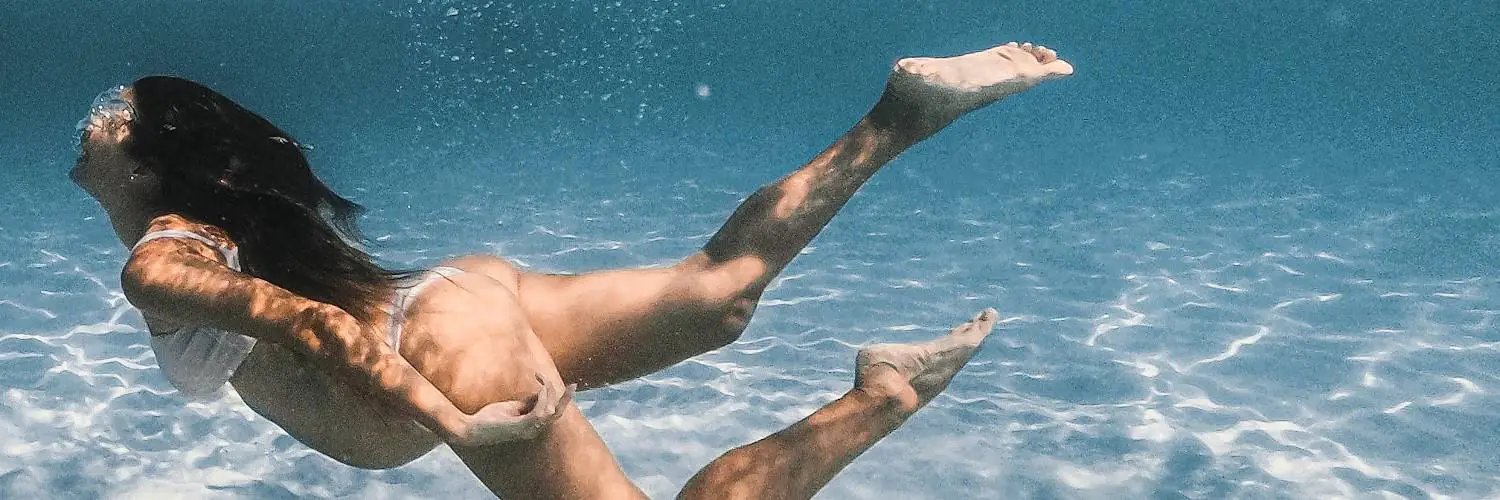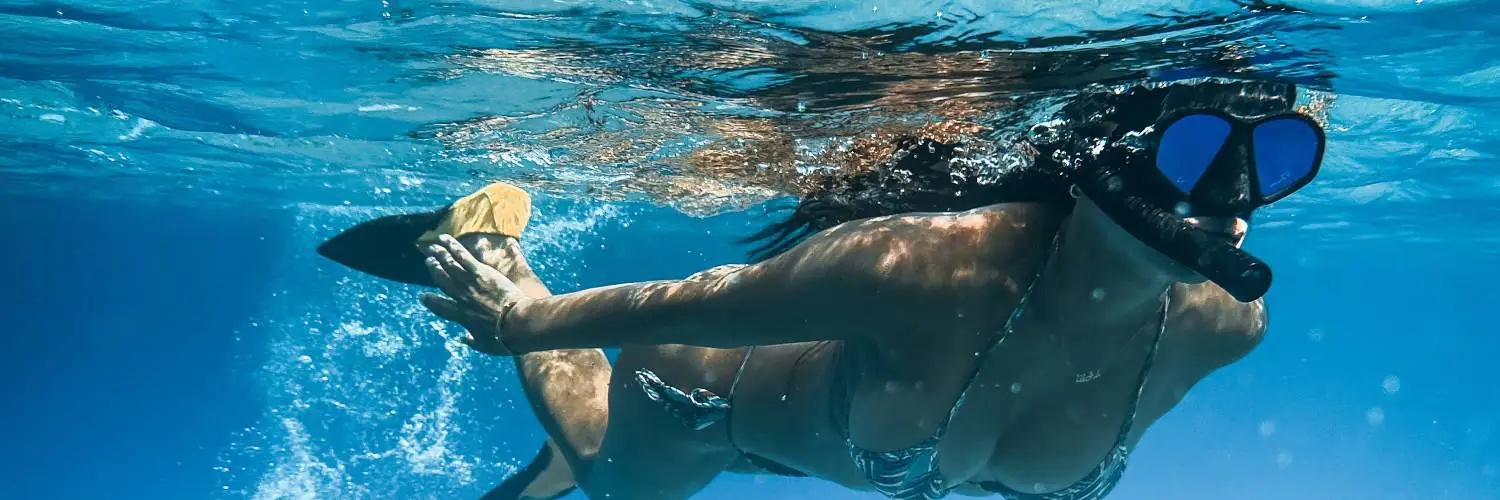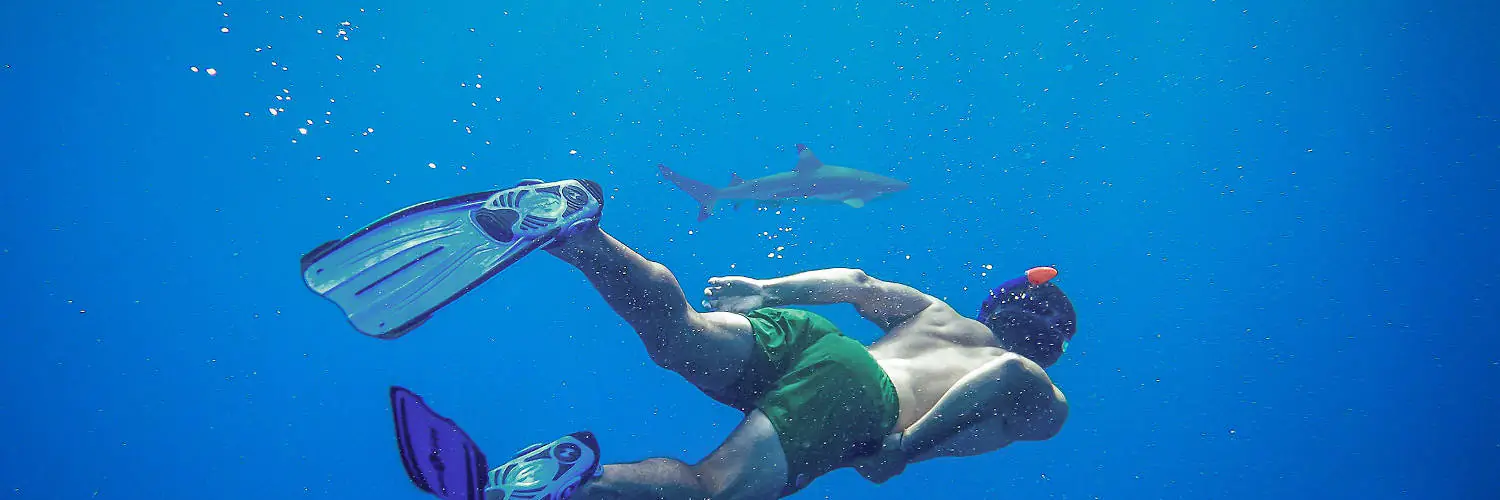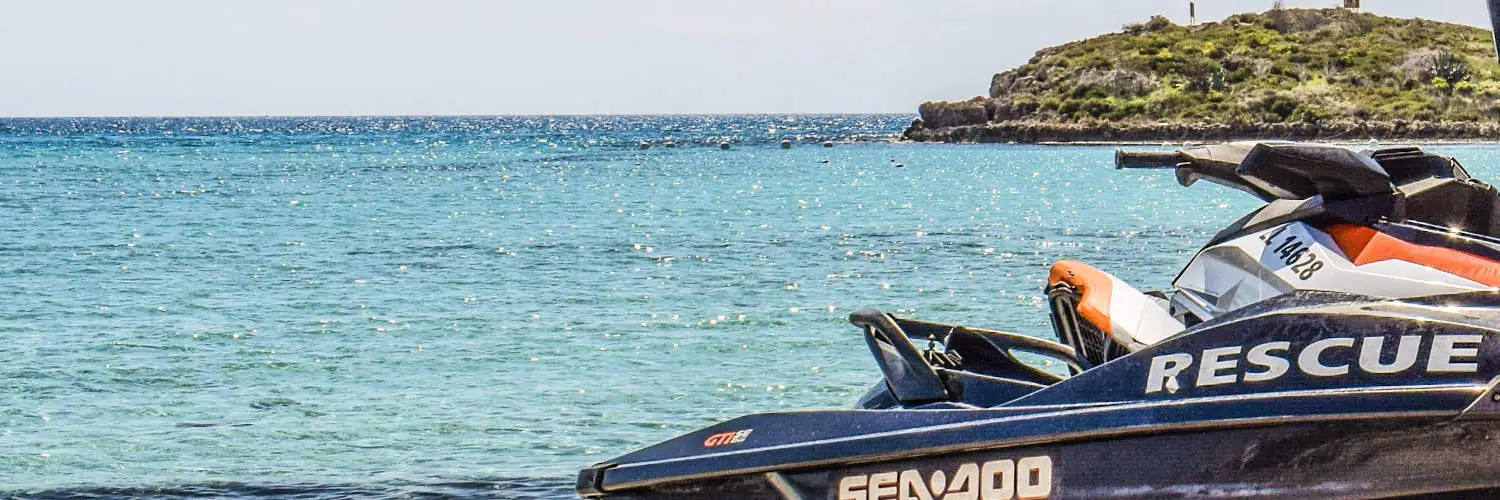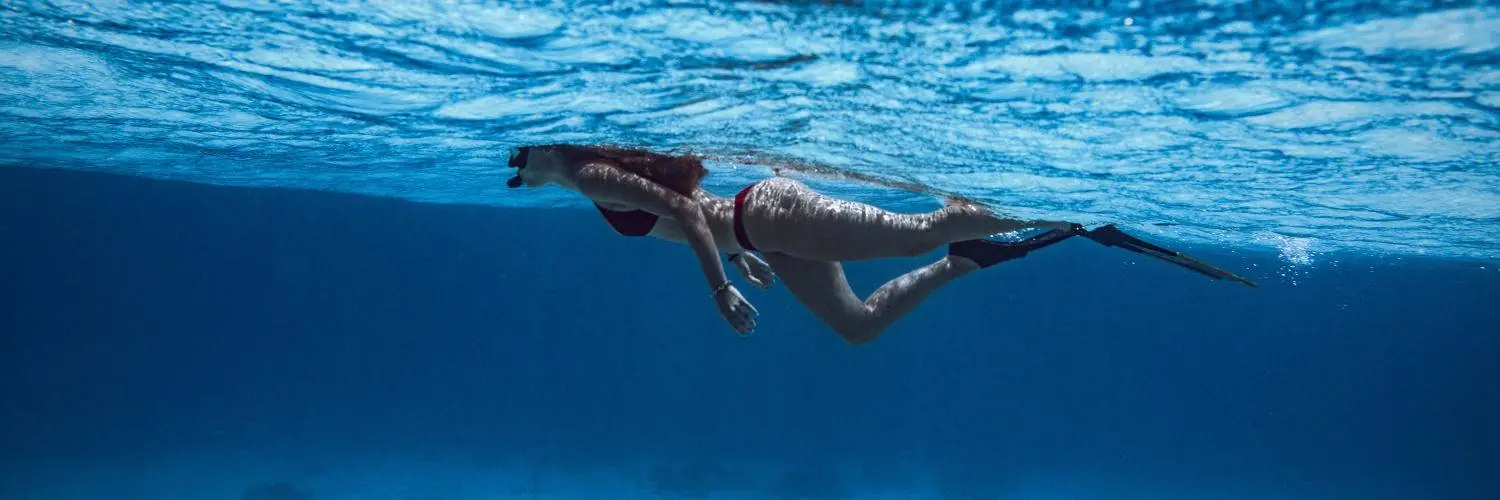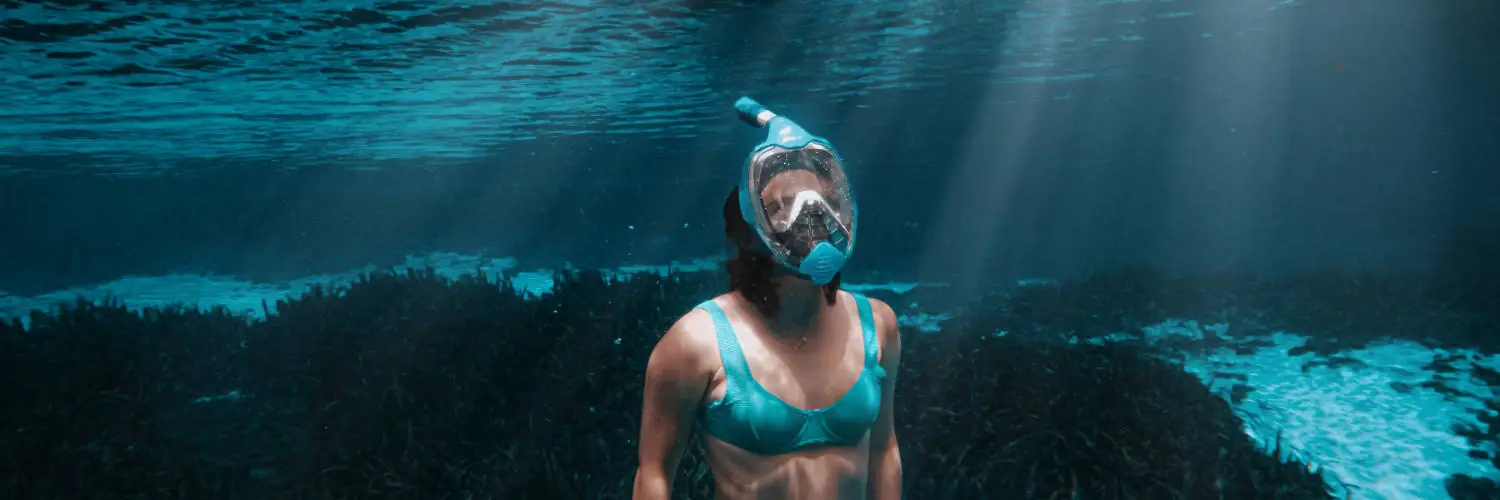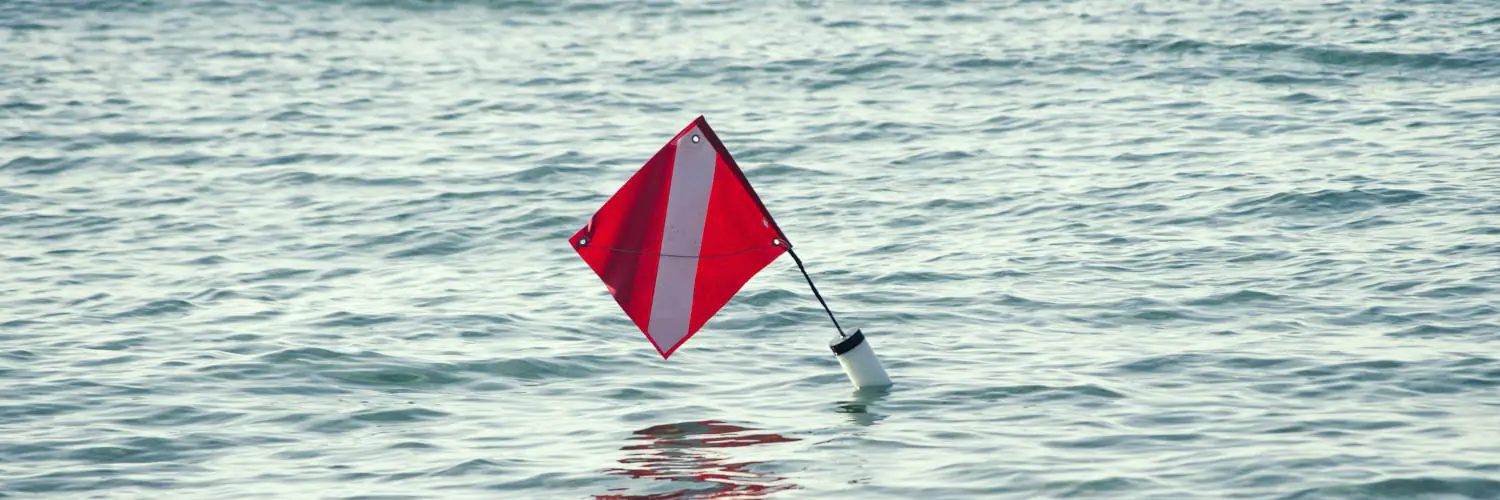Table of Contents
Snorkeling and Pregnancy: Guidelines for Safe Underwater Adventures
Snorkeling is often considered a safe and enjoyable activity during pregnancy. It allows expectant mothers to experience the tranquility of the underwater world while engaging in light exercise that does not strain the body. The buoyancy of water can offer relief from the added weight of pregnancy, alleviating pressure on the joints and back. However, it’s crucial for pregnant women to consult with their healthcare provider before engaging in any form of water activity, including snorkeling, to ensure it aligns with their specific health needs and pregnancy progress.
Many healthcare professionals agree that snorkeling can be a beneficial form of exercise for women with uncomplicated pregnancies. As it’s a surface water sport, snorkeling doesn’t pose the same risks as scuba diving, which is contraindicated in pregnancy due to the potential effects of decompression sickness on both the mother and the fetus. To ensure safety while snorkeling, pregnant women should be mindful of their fitness levels, avoid holding their breath for extended periods, and stay well-hydrated.
When planning to snorkel during pregnancy, it’s important to take appropriate safety measures and be aware of one’s physical limits. Conditions like choppy water, strong currents, or extreme temperatures should be avoided. It is also advisable to snorkel with a companion who is experienced and aware of the snorkeler’s pregnancy, adding an extra layer of safety during the activity. With proper precautions and the green light from a healthcare provider, snorkeling can be a rewarding experience for pregnant women, allowing them to maintain an active lifestyle while expecting.
Understanding Snorkeling During Pregnancy
When considering snorkeling during pregnancy, it is imperative to understand the physiological changes a mother-to-be undergoes and the associated safety precautions and risks. Careful assessment and adherence to guidelines are crucial for the well-being of both the mother and the developing baby.
Physiological Changes and Considerations
Pregnancy brings about significant physiological changes that can affect a woman’s snorkeling experience. During the first trimester, fatigue and morning sickness may limit the ability and comfort to engage in activities like snorkeling. As the trimester progresses, increased shortness of breath and dizziness can occur, as well as heightened sensitivity to the sun requiring liberal use of sunscreen and protective clothing. The presence of nausea or motion sickness can be exacerbated by rough waters.
Fatigue is a common concern, and snorkeling often demands energy which might lead to overexertion. In later pregnancy stages, a woman’s growing belly affects her center of gravity, which can influence her balance and swimming ability. Also, changes in blood pressure and hypoxia (reduced oxygen) are potential risks to monitor.
Safety Precautions and Risks
Safety precautions while snorkeling during pregnancy should be centered around mitigating risks and avoiding situations where rescue might be difficult. Consulting with a doctor before participating in snorkeling is essential, especially for those with a high-risk pregnancy or other health issues.
- Monitor Weather & Waters: Opt for calm waters and avoid snorkeling during adverse weather conditions.
- Companionship: Always snorkel with a partner who is experienced and aware of your condition.
- Hydration & Shade: Prevent dehydration by drinking plenty of water and seek shade to avoid overheating.
- Wear a Life Jacket: Consider wearing a life jacket to assist with buoyancy and reduce the risk of drowning due to fatigue or cramps.
- Avoid Deep Water & Strong Currents: Stay in shallow water where you can easily stand up if needed, and avoid areas with strong currents.
- Decompression Disease & Nitrogen Bubbles: While this concern is specific to scuba diving, it’s worth noting that snorkeling does not involve the same risks related to decompression disease or nitrogen bubbles since snorkelers do not breathe compressed air and are not subjected to the same pressure changes as scuba divers.
Appropriate gear should be used, including a well-fitting snorkel, and the effects of prolonged exposure to the sun should be mitigated with sunscreen and protective clothing. Women in their third trimester should be especially cautious due to the increased physical demand and balance changes.
Recognizing these considerations and taking the necessary precautions can help to maintain both the health of the mother and the safety of the pregnancy while allowing for the stress relief and enjoyment that snorkeling can provide.
Benefits of Snorkeling While Pregnant
Snorkeling during pregnancy can offer a range of benefits, particularly in terms of emotional well-being and physical health. It is a low-impact exercise that allows expectant mothers to stay active and engage in water aerobics without placing undue stress on the body.
Emotional and Physical Health Benefits
Exercise: Snorkeling is an effective form of low-impact exercise which can help maintain fitness levels during pregnancy. It combines gentle swimming movements with the resistance of water, providing a cardiovascular workout that is not as strenuous as other forms of exercise.
Relaxation and Stress Relief: The buoyancy of water offers a sense of weightlessness, which can be particularly comforting as an expectant mother’s body undergoes changes. Floating in water can reduce joint and muscle discomfort, adding an aspect of relaxation and stress relief.
Health Benefits: Regular, low-intensity exercise like snorkeling can contribute to improved circulation, which is beneficial for both mother and child. It helps in managing weight gain by burning calories and can also improve sleep and mood.
Rest and Relaxation: Snorkeling provides an opportunity to rest and float comfortably in the water. This experience can be very calming, potentially reducing anxiety and promoting a peaceful state of mind which is beneficial for maternal health.
Best Practices for Snorkeling When Pregnant
Pregnant snorkelers should always prioritize safety and comfort by selecting appropriate gear and understanding the safest practices. Consultation with a healthcare provider is essential before engaging in any snorkeling activities, especially to understand the implications per trimester.
Choosing the Right Equipment
For a safe snorkeling experience during pregnancy, it’s crucial to choose equipment that ensures both comfort and safety. Start with a well-fitting life jacket to help with buoyancy and to provide rest if needed. Opt for snorkeling fins that fit comfortably and do not strain the legs or feet. Protective clothing such as a full-body swimsuit can prevent sunburn and scrapes, while a broad-spectrum mineral sunscreen protects the skin without exposing the body to harmful chemicals. Evaluate the snorkeling mask for a proper seal to avoid unnecessary stress and ensure clear visibility.
- Life Jacket: Essential for safety and rest.
- Snorkeling Fins: Should not be tight or cause strain.
- Protective Clothing: To safeguard against sun and injury.
- Mineral Sunscreen: To protect skin without harsh chemicals.
- Snorkeling Mask: Must seal properly for stress-free snorkeling.
When and How to Snorkel Safely
Timing and method are paramount when snorkeling during pregnancy. The second trimester is often considered the best time to snorkel, as many women find that nausea and fatigue from the first trimester subside, and the increased abdominal size of the third trimester is not yet a concern. Monitor weather conditions and water currents closely to avoid challenging situations. Maintain hydration by drinking water frequently and apply sunscreen regularly to prevent sunburn. Take frequent breaks to rest and avoid overheating or dehydration. Snorkeling with a partner enhances safety. It’s also advisable to treat snorkeling as a mild form of exercise rather than an endurance activity.
- Trimester: The second trimester is often the best period to snorkel.
- Weather and Currents: Ensure conditions are calm and safe.
- Hydration: Drink water regularly to avoid dehydration.
- Sunscreen: Reapply as needed to protect against sunburn.
- Frequent Breaks: Rest often to prevent exhaustion.
- Partner: Always snorkel with someone for safety.
- Exercise: View snorkeling as a gentle activity, not strenuous exercise.
Consulting Healthcare Professionals
Before engaging in snorkeling activities during pregnancy, it is essential for expectant mothers to seek professional guidance. Consulting with a healthcare provider ensures that individual health considerations are addressed, helping to mitigate potential risks associated with snorkeling while pregnant.
Advice and Clearance for Snorkeling Activities
Healthcare professionals evaluate the safety of snorkeling on a case-by-case basis, taking into account several factors to provide tailored advice. Key considerations include:
- Gestational Age: The stage of pregnancy can influence the safety of snorkeling due to changes in a woman’s body and the fetus’s development.
- Medical History: A thorough review of the expectant mother’s medical background, including any complications or pre-existing conditions, is crucial.
- Current Health Status: The mother’s current health, including fitness levels and physical readiness for swimming and snorkeling activities, must be assessed.
Expectant mothers often inquire about the risks of snorkeling during the second trimester, which is generally considered a more stable period of pregnancy. However, a doctor or healthcare provider is best positioned to offer guidance. They can clear an individual for snorkeling activities or advise against them after considering all health and safety aspects relevant to the pregnancy.
To ensure a responsible approach to snorkeling while pregnant, here is a checklist that healthcare providers may consider before giving clearance:
| Checklist Item | Description |
|---|---|
| Personal Fitness and Comfort in the Water | Confirm the expectant mother feels comfortable and confident in water. |
| Risk of Decompression Sickness | Clarify that snorkeling, unlike scuba diving, doesn’t pose a risk of decompression sickness but that other risks still need consideration. |
| Potential for Overheating | Discuss the importance of staying hydrated and avoiding overheating. |
| Emergency Plans and Accessibility | Ensure that snorkeling locations are safe and have access to medical assistance if needed. |
By taking a proactive role and consulting healthcare professionals, pregnant women can make informed decisions regarding their participation in snorkeling activities.
Alternatives to Snorkeling for Pregnant Women
For pregnant women looking for safe ways to stay active and enjoy the water, there are recommended alternatives to snorkeling that prioritize both exercise and relaxation.
Other Recommended Aquatic Activities
- Water Aerobics: Often recommended due to its low-impact nature, water aerobics classes cater to varying fitness levels and focus on maintaining cardiovascular health without stressing the joints.
- Swimming: Swimming laps or simply enjoying time in the pool can be an excellent form of low-impact exercise. It enables pregnant women to maintain fitness while providing a sense of weightlessness and comfort.
- Walking in Water: For those seeking gentle exercise, walking in a pool’s shallow end can help maintain muscle tone and promote cardiovascular health.
- Floating: As a form of rest and relaxation, floating on one’s back in a calm pool can be soothing and a good way to reduce stress.
- Paddle Boarding: Depending on an individual’s experience and balance, gentle paddle boarding on calm waters can be a suitable activity, provided extra caution is taken to prevent falls.

